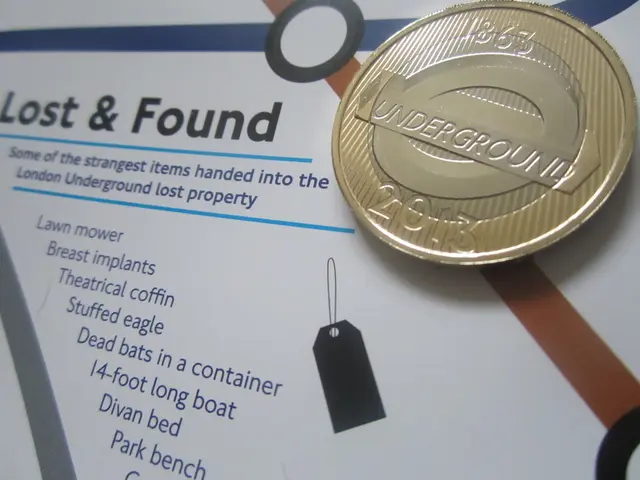Common Errors in Financial Planning Strategies
In the world of personal finance, making informed decisions is crucial to achieving financial stability and meeting long-term goals. However, many individuals fall into common pitfalls that can hinder their progress. Here are the top 10 financial planning mistakes to avoid:
1. **Neglecting to Track Your Spending:** Without clear tracking, it's easy to lose control over where your money goes, leading to overspending.
2. **Setting Unrealistic Financial Goals:** Goals that are too ambitious or vague can lead to frustration and poor planning.
3. **Failing to Plan for Emergencies:** Skimping on an emergency fund leaves you vulnerable to unexpected expenses like medical bills or job loss. Aim to save 3-6 months of essential expenses in an accessible account.
4. **Leaving Savings Out of Your Budget:** Not including automatic savings in your budgeting reduces your ability to build wealth steadily.
5. **Neglecting Estate Planning:** Many overlook wills, trusts, and beneficiary updates, risking unnecessary taxes, probate delays, and family conflicts.
6. **Overconcentration in Company Stock:** Holding too much wealth in one stock, especially your employer’s, increases risk. Diversification mitigates this.
7. **Overreacting to Market Fluctuations:** Panic selling during market dips can harm long-term returns. Staying invested and making decisions based on your financial timeline is key.
8. **Ignoring Portfolio Diversification:** Lack of diversification exposes you to higher risk and potential losses.
9. **Failing to Adequately Manage Assets in Retirement:** Retirees often make mistakes by not balancing investments properly or by hoarding assets out of fear, which can undermine meeting retirement goals.
10. **Ignoring Fees and Investment Costs:** Overlooking fees can erode returns over time. Being mindful and choosing low-cost investments helps preserve wealth.
Avoiding these mistakes involves careful tracking, setting clear and achievable goals, maintaining emergency savings, diversifying investments, planning for the future including estate matters, and staying disciplined through market volatility. Professional advice can help tailor a financial plan that reduces these risks effectively.
Neglecting an emergency fund can throw your carefully planned finances into disarray, similar to a trapeze artist crashing down without a safety net. Small amounts saved for retirement can grow significantly over time thanks to the magic of compound interest. Ignoring retirement accounts is a common financial mistake, similar to planting a tree when you're already in the shade. The earlier you start saving for retirement, the bigger your nest egg will grow.
Having an emergency fund is like having a safety net when navigating life's uncertainties. Debt, especially high-interest debt, can be compared to a seesaw that keeps teetering. Focusing on paying down high-interest debts first can help regain control. Lifestyle inflation can lead to overspending and depleting wealth plans. Not having an emergency fund can lead to debt or the need to dip into long-term investments.
A budget isn't about restricting you; it's about giving your money a purpose and serving as the compass that keeps you on the right financial track. Debt management is crucial, as the longer you wait to tackle it, the bigger it becomes, similar to a stubborn stain on your favorite shirt. Balancing your debts can prevent future financial headaches.
Robo-advisors are becoming popular due to their convenience and affordability in managing investments. Overlooking the importance of a budget can lead to financial mismanagement, similar to sailing in a leaky ship without a clear destination. Medical emergencies, car repairs, or job loss can be softened financially by having an emergency fund. Allowing expenses to skyrocket can leave long-term financial goals unattainable. A budget is essential for understanding where your money goes each month, serving as a map guiding you through your financial journey.
Small amounts saved for retirement can grow significantly over time thanks to the magic of compound interest, much like a seed that grows into a tree given time and care. Ignoring retirement accounts is akin to planting that tree when you're already in the shade, robbing yourself of its future benefits.
Similar to a safety net for a trapeze artist, having an emergency fund is crucial for navigating life's unexpected events without sending your finances into disarray. Debt, especially high-interest debt, can be likened to a seesaw that keeps teetering out of control, whereas focusing on paying down high-interest debts first can help regain financial balance.




